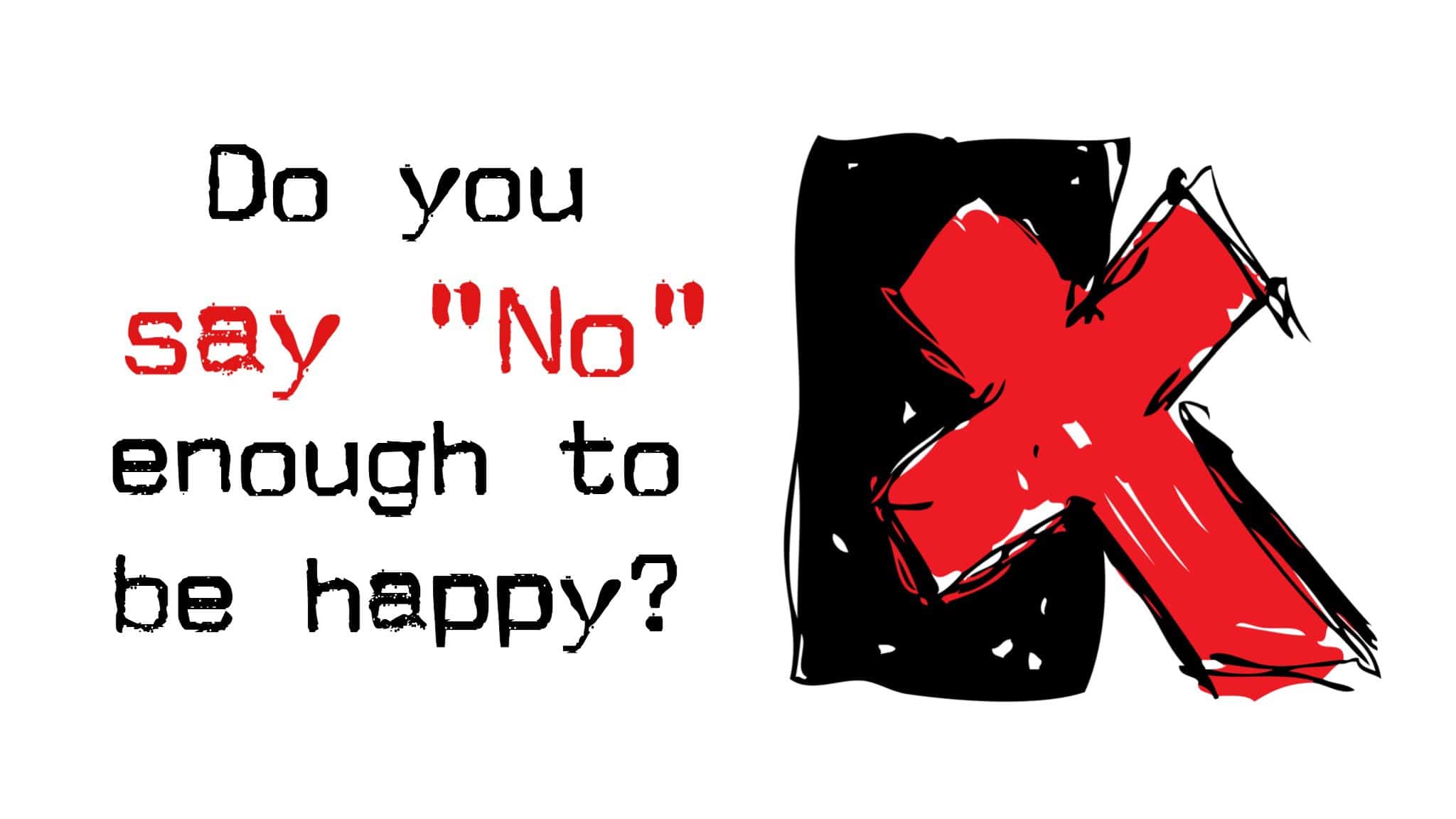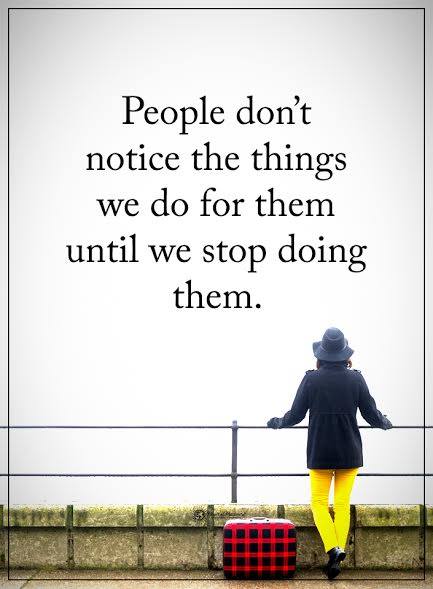“I refuse to please others at the expense of my emotional well-being. Even if it means saying the magic word–no–to people who are used to hearing yes.
Some of us can give a flat out “no” answer to someone else. Some of us, well, we find ourselves stumbling over our words.
But the ability to deliver a polite yet firm “no” is often necessary.
While it’s usually much easier to give an affirmative answer (i.e. a “yes”) to someone, this habit is counterproductive to our health and well-being. We’ll get to this a bit later.
Know this: the wrong types of people will catch onto your appeasing ways – and are all too eager to exploit them.
A good example of this is the workplace – where almost no one wants to be. If you’re known as a “yes man” (or woman), certain people may take advantage.
“Hey, can you cover my shift?”
“Can you put in some overtime?”
“Can you help me out with this?”
How many of you have been on the receiving end of such questions? Of course, sometimes accommodation is necessary, and someone does have a legitimate reason for asking. Sometimes, the person is just shirking their responsibilities. Not carrying their own weight.
Chances are, in a current or past place of work, or a different environment, you’ve seen people taken advantage of because of an innate fear of saying no.
Perhaps you’ve been that person.
Here’s Why Saying the Word “No” Is Often Necessary
1. We all have limitations – in terms of energy, time, money, stress, etc. In today’s 24/7, “always on” society, it’s important that we manage such limitations wisely.
2. Not saying no when it’s necessary puts other people’s priorities above our own. This is not an act of nobility, it’s an act of appeasement.
3. We run the risk of over-promising and under-delivering. Not only do we disappoint those to whom we committed something, we’ll stew in our own self-disappointment.
4. Being a “yes man/woman” will make you appear weak and soft. In other words, a perfect “target” for any manipulator.
5. To preserve our psychological health. Committing to something, anything, without the proper resources always leads to a constant state of worry and stress.
Why Saying “No” Is Hard
1. Most of us are good-hearted people. We don’t want to disappoint others by rejecting their request.
2. We overestimate our capabilities. For example, thinking we perform a 2-day task in one day, if we don’t take breaks/go to the bathroom/eat lunch/etc.
3. Assuming the person asking is a friend, the last thing we want is to create friction in the relationship. (But does this “friend” constantly seek your “yeses”? Something to contemplate.)
4. We want to look good – in some way, shape or form. We want to be perceived as a “go-getter,” a “selfless worker” or something to that effect. This may even work for a while; that is until you experience the inevitable effects of burnout.
5. Associating rejection of a request to the rejection of the person. Saying “no” to someone isn’t personal. Provide a brief explanation if necessary.
How to Say the Word “No” the Right Way
1. Obviously, be polite about it. Some people (e.g. the slackers, manipulators) may need a firm “NO,” however.
2. Slow your inner monologue by saying “I need to check, but I’ll let you know,” or “I’ll get back with you, okay?” This does a couple of things. First, it alleviates the stress, anxiety and pressure of having to make an on-the-spot decision. Second, slowing the dialogue allows you to think things through. Can you really adhere to their request and follow through?
3. If a no is necessary because of certain constraints, try to make some time available for the other person. Can you have lunch sometime? Are they free during the next break? This is especially important as a relationship-builder.
4. Trust the person’s ability to deal with a “no.” Are you placating them out of fear of hurting their feelings? Simply say “No, I’m sorry” with a smile and trust in their ability to carry on.
5. Provide a brief, sincere explanation. “I understand. Unfortunately, I don’t have time to give it the proper attention. Next time you need something, check with me. I’ll see if I can help you out.”
6. Don’t stumble or look extra nervous. Appearing stoic yet relaxed while saying no is an absolute must. If you’re not comfortable saying no, it’s likely that you’re going to feel quite awkward at first.
Dr. Judith Stills, in an article written in Psychology Today called ‘The Power of No’ precisely (and correctly) explains:
“Wielded wisely, No is an instrument of integrity and a shield against exploitation. It often takes courage to say. It is hard to receive. But setting limits sets us free.”
There is no shame in saying no. It is your right at as a human being to set boundaries; in fact, it’s not only your right, it’s a necessity to help you experience the joy that is yours.


















